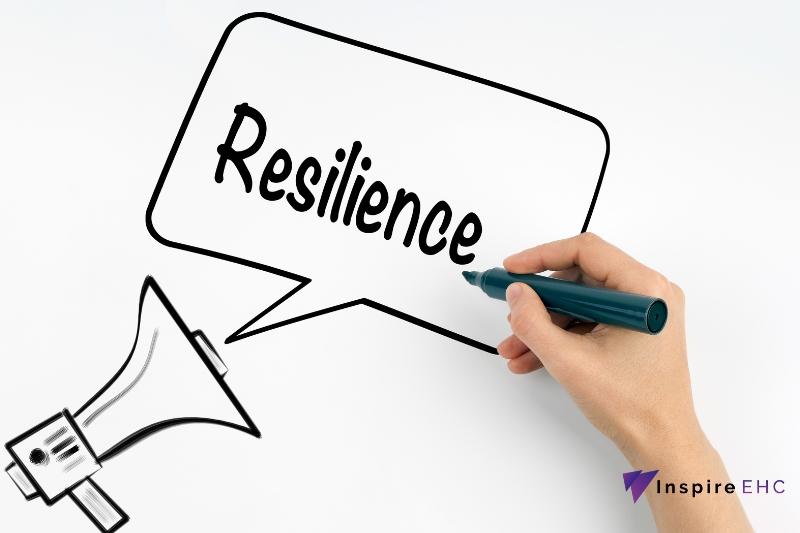Resilience in the First Term: How to Build It and Why It Matters

Resilience in the First Term: How to Build It and Why It Matters
The first few weeks of term set the tone for everything that follows. For many children, it is a time of excitement and possibility. For others, especially those with additional needs, it can bring uncertainty, worry and emotional overwhelm.
At Inspire EHC, we work closely with SENCOs, pastoral teams and school leaders across the country. This blog brings together what we have learned from them about how to support emotional resilience during this crucial time. Whether you are a teacher, teaching assistant, school leader or parent, these gentle strategies can help create a calmer, more confident start.
Why Resilience Matters in September
Resilience is not about being tough or pushing through. It is about helping pupils recover when things feel hard. It is the ability to bounce back after a setback, to manage big emotions and to ask for help when needed.
Building resilience early in the term means pupils are more likely to stay engaged, cope with change and enjoy the school day. It also helps prevent escalation and burnout, both for children and the adults supporting them.
Start Small and Stay Steady
One of the most consistent messages from our education partners is this. Predictability builds confidence. Many pupils with SEND find transitions difficult and can become overwhelmed by too many changes at once. Keep routines clear and visual where possible. Rehearse transitions before they happen and talk through the plan for the day in small steps.
A steady rhythm can feel like an anchor in the storm of new surroundings and expectations.
Teach Regulation Without Pressure
The start of term is not just about getting used to the timetable. It is also about emotional regulation. For pupils who struggle with sensory overload, anxiety or emotional control, these first few weeks can feel like a test of endurance.
Make space for regulation breaks. Allow quiet moments. Use tools like sensory circuits, calm corners or breathing exercises. Help children recognise what they are feeling without judgement. This gives them the language and confidence to ask for what they need.
Celebrate Effort Not Just Outcomes
Confidence grows when children feel successful. But success looks different for every child. Celebrate moments of effort, kindness or self-awareness. Maybe they came into class without support. Maybe they used a strategy instead of reacting. These are the building blocks of resilience.
When staff model this kind of noticing and encouragement, pupils start to believe in themselves too.
Work Together With Families
Parents and carers are key allies during this transition. Regular check-ins, honest conversations and shared strategies can make a real difference. If a child is struggling, reach out early. Families often have insight into what helps and what may be triggering distress.
When schools and homes are on the same page, children feel safer and more understood.
We Are Here to Help
Our SEN partners have shown us that resilience is not a fixed trait. It is something we grow together, through relationships, routines and trust. And it starts right here in the first term.
If your school needs support placing staff who can build those safe, steady relationships, Inspire EHC is ready to help. We are proud to work with schools who put wellbeing at the heart of learning.